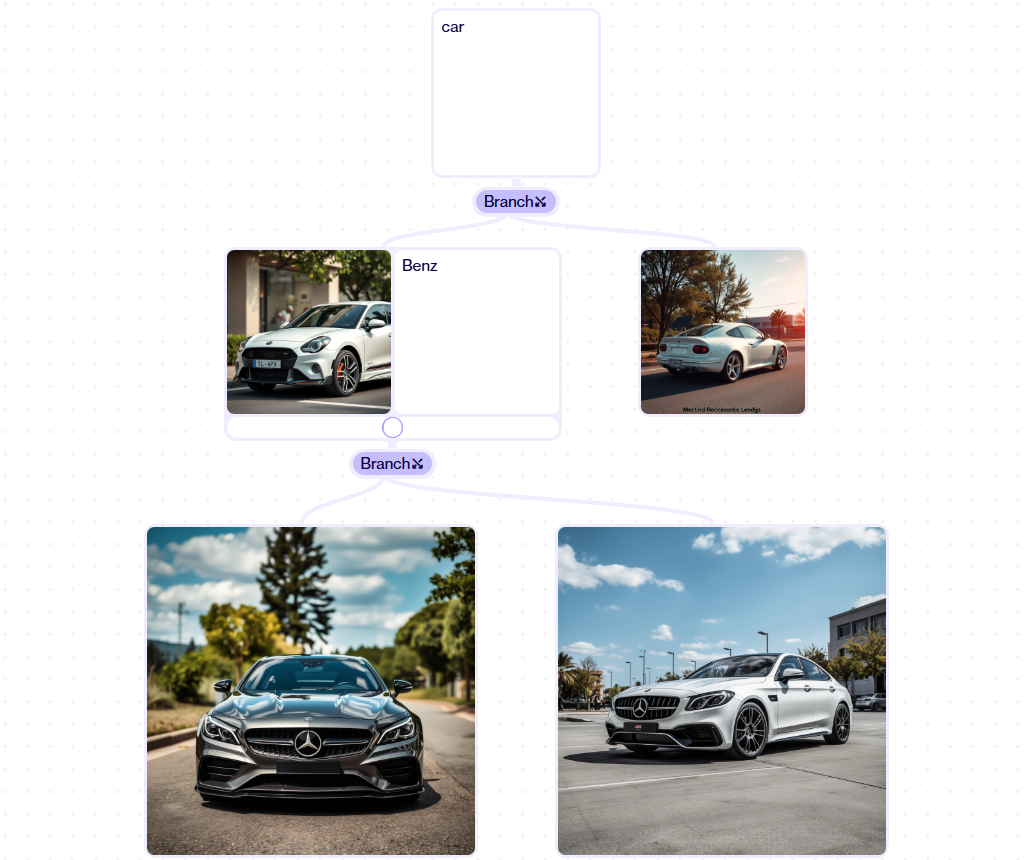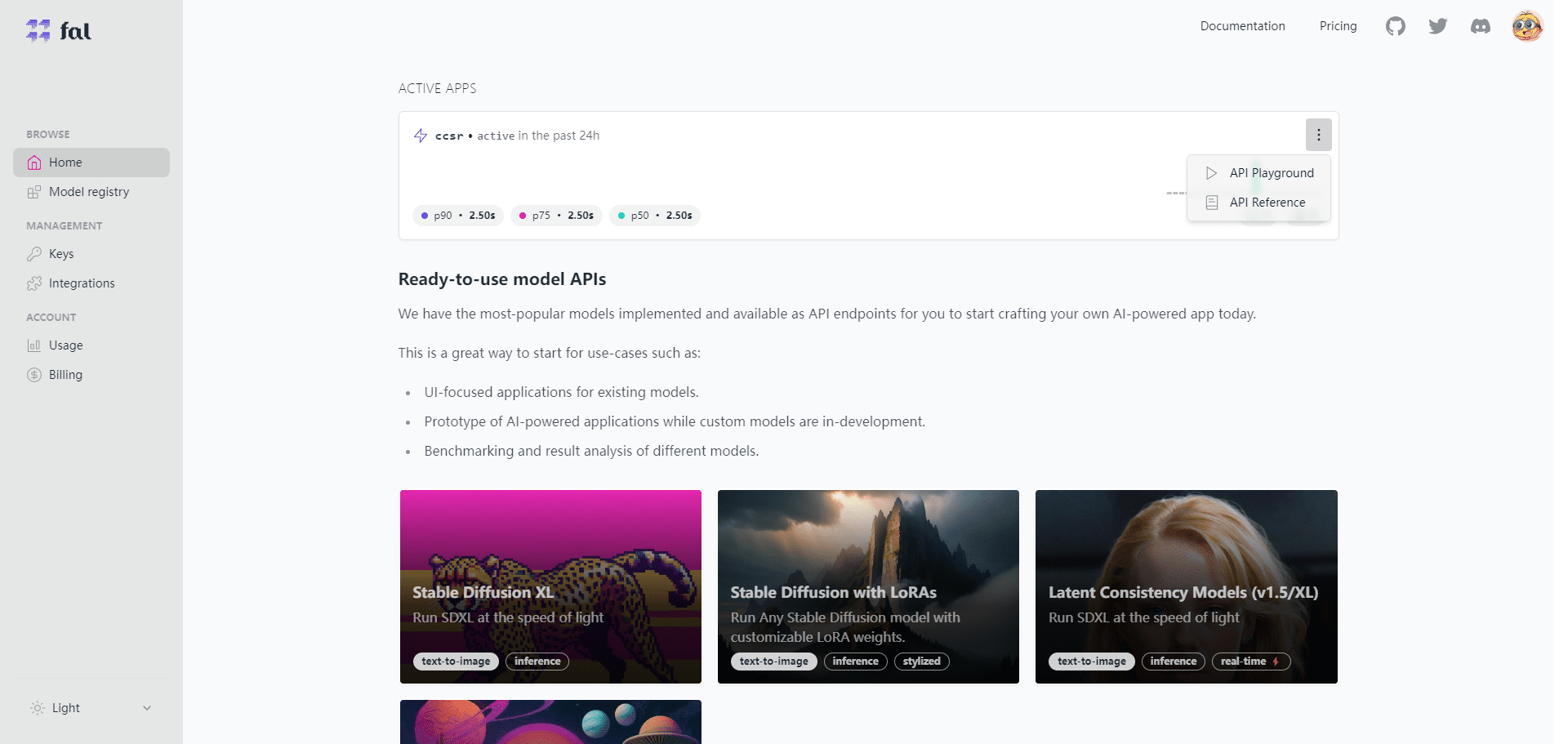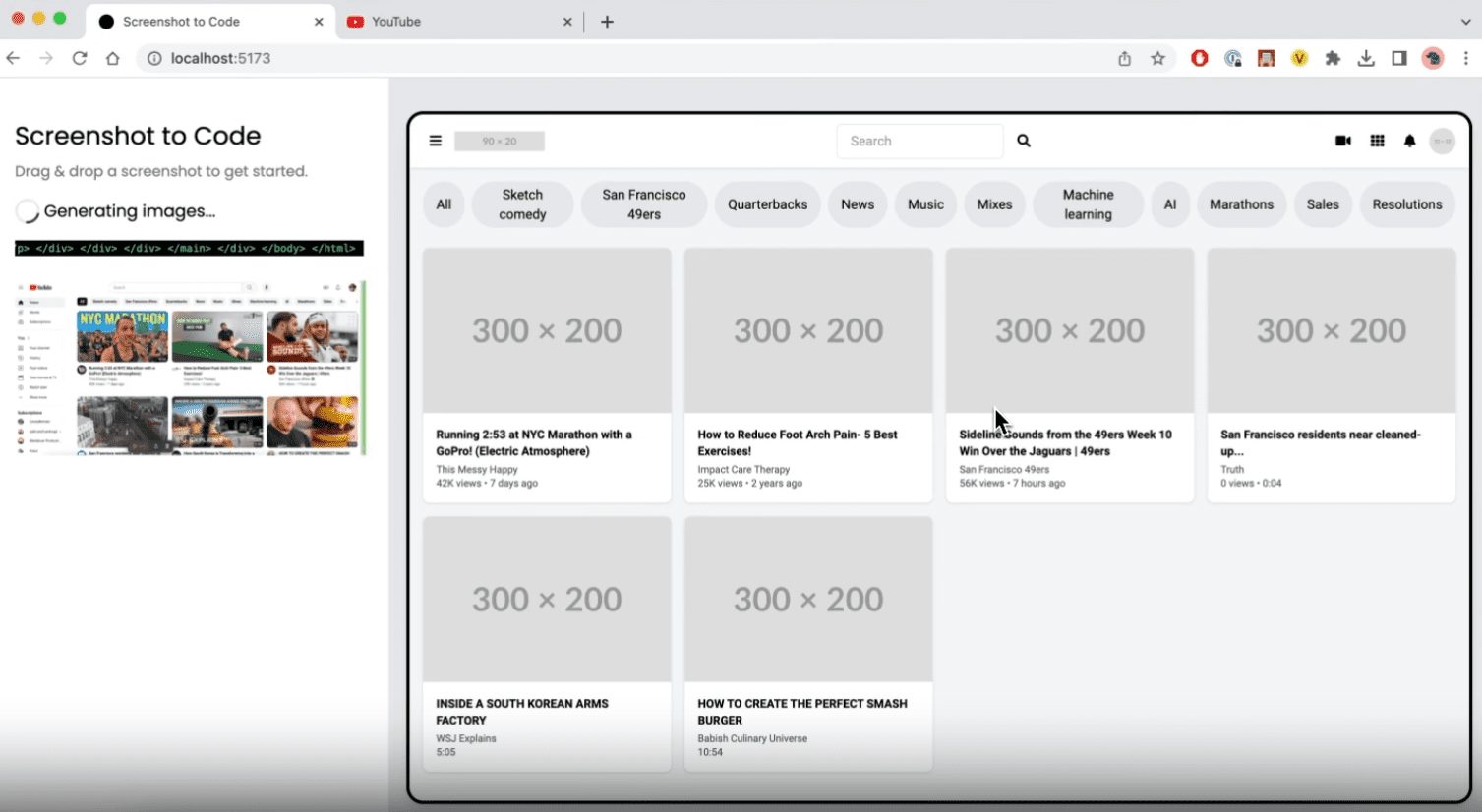AiryLark: An Open Source Tool for Intelligent Translation of Multi-format Documents
General Introduction
AiryLark is an open source document processing and translation tool , hosted on GitHub , built by the developer wizd based on the Next.js framework . It supports multiple file formats (such as PDF, Word, TXT, Markdown) input and processing, while providing intelligent translation capabilities. Users can experience it through an online version or download the code for self-hosted deployment. This tool is suitable for users who need to process documents and translations efficiently, especially developers, researchers or corporate teams. Its core strengths are its versatility and open source nature, which users are free to modify and optimize.

Function List
- Supports handling of multiple file formats, including PDF, Word, TXT and Markdown.
- Provides intelligent translation function that automatically analyzes documents and optimizes translation results.
- Showing the thinking steps in the translation process promotes transparency.
- Automatically proofreads translations and gives them a quality score.
- Allows users to edit translation results, suitable for professional proofreading needs.
- Support streaming processing, real-time display of translation progress.
- Provide API integration for easy embedding into other projects.
Using Help
AiryLark is available for both online trial version and local deployment. Below is a detailed guide, divided into two parts: online use and local deployment.
Online Trial
- Choose to upload a file (drag and drop support) or paste text content on the page.
- Supported file types include:
.pdf(PDF document).docmaybe.docx(Word document).txt(text file).md(Markdown file)
- It is also possible to enter a web link (
httpmaybehttps) and let the tool extract the content. - After uploading, select the target language and click "Start Translation".
- The system analyzes the document type and content and automatically generates translation results.
- When the translation is complete, it can be viewed:
- A paragraph-by-paragraph comparison of the original text and the translation.
- Cross-reference tables of key terms.
- Translation quality ratings and suggestions for revision.
- If you need to adjust the results, enter the "Expert Edit Mode" and modify the translation manually.
local deployment
Local deployment is suitable for users who need customized features or offline usage. Below are the detailed steps.
preliminary
- Make sure your computer has Node.js installed (recommended version 16 or higher). Check the version:
node -v
- Install Git for downloading code. Check the version:
git --version
Download Code
- Visit https://github.com/wizd/airylark.
- strike (on the keyboard)
Codebutton to copy the addresshttps://github.com/wizd/airylark.gitThe - Runs in the terminal:
git clone https://github.com/wizd/airylark.git
- Go to the project folder:
cd airylark
Installation of dependencies
- Run it in the project folder:
npm install
Or use another package manager:
yarn install
pnpm install
bun install
- Wait for the dependency installation to complete.
Configuring Environment Variables
- establish
.envfile, fill in the following:
PORT=3030
MCP_PORT=3031
TRANSLATION_API_KEY=your_api_key
TRANSLATION_MODEL=your_model
TRANSLATION_BASE_URL=your_base_url
- interchangeability
your_api_key,your_modelcap (a poem)your_base_urlis the actual value. Refer to the documentation of your translation service provider (e.g. Google Translate API) for exact values.
Operational development mode
- Start the development server:
npm run dev
- Open your browser and visit
http://localhost:3030The local version can be used. - If required MCP Server support, additional configuration and operation required.
Deployment of production environments
Approach 1: Traditional deployment
- Build the application:
npm run build
- Start the server:
npm start
- interviews
http://localhost:3030The
Method 2: Docker Deployment
- Install Docker and check the version:
docker --version
- Pull the mirror image:
docker pull docker.io/wizdy/airylark:latest
docker pull docker.io/wizdy/airylark-mcp-server:latest
- establish
.envfile, fill in the environment variables. - Run the container:
docker run -p 3030:3030 --env-file .env -d docker.io/wizdy/airylark:latest
docker run -p 3031:3031 --env-file .env -d docker.io/wizdy/airylark-mcp-server:latest
- interviews
http://localhost:3030The
Method 3: Vercel deployment
- Push code to GitHub.
- Log in to Vercel and import the project.
- Configure environment variables in the Vercel interface.
- Click "Deploy" to get the online address.
Main Functions
Processing Documents
- After uploading a file or pasting text, the system automatically recognizes the format and parses the content.
- Progress is displayed in real time when processing large documents.
intelligent translation
- The system analyzes the document and then selects a translation strategy based on the content style and domain.
- Translation results retain contextual consistency and specialized terms are highlighted.
- Check out the Thinking Process Visualization for translation logic.
Quality Optimization
- Once the translation is complete, click on the "Proofread" button to view ratings and suggestions.
- Adjust translations in Expert Edit Mode to ensure accuracy.
With these steps, you can easily use AiryLark to process documents and translate content. Whether you try it online or deploy it locally, the operation is intuitive.
application scenario
- academic research
- When researchers need to translate foreign papers, AiryLark can process PDF files and provide high-quality translations, as well as proofread for terminological accuracy.
- Enterprise Document Management
- Companies need to translate multilingual contracts or manuals into other languages, and AiryLark supports batch processing and quality assessment.
- Personal Learning
- Students who want to read technical documents in English, AiryLark can translate TXT or Markdown files into Chinese for easy comprehension.
QA
- Does AiryLark support offline use?
- Support. Just deploy locally and configure environment variables to run without network.
- What is the quality of the translation?
- It provides context-aware translation and quality assessment that is more accurate than ordinary tools, but the exact results depend on the configured translation model.
- Programming knowledge required?
- Online trials are not required, but local deployment and customization features require basic programming skills.
© Copyright notes
Article copyright AI Sharing Circle All, please do not reproduce without permission.
Related articles

No comments...




